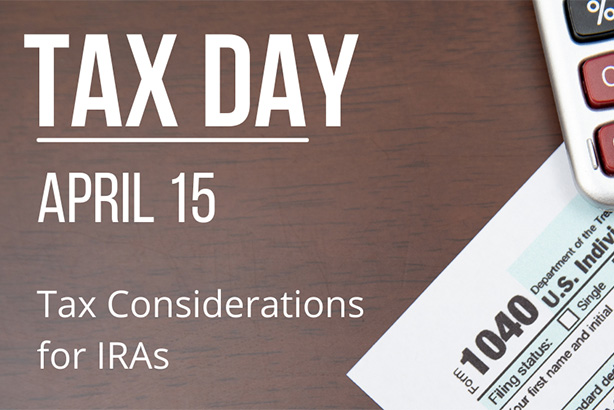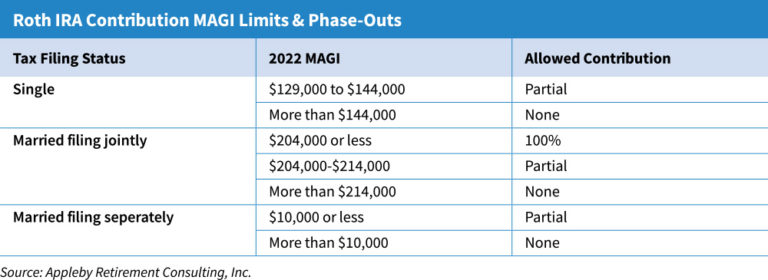tax considerations for iras

Your ability to contribute to IRAs require certain requirements, and failure to meet them can result in excess IRA contributions, potentially leading to double taxation and excise tax being owed to the IRS. Following are some general eligibility requirements that must be met for IRA contributions:

basis-related activity
IRS form 8606, “Non-deductible IRAs” must be filed to report basis-related activity, including non-deductible contributions made to traditional IRAs and distributions/Roth conversions from traditional IRAs if you have any basis in any traditional IRA.
Non-deductible traditional IRA contributions, as well as roll-over of after-tax amounts from an employer-sponsored retirement plan (such as a 401(k)), creates basis in the IRA and form 8606 just be filed for every non-deductible contribution made. Failure to file the form may result in a $50 penalty unless you can show “reasonable cause” for the failure.
Generally, distributions from IRAs are treated as taxable income, unless they are distributions of basis amounts. Many pay income tax on basis amounts because Form 8606 was not filed when it should have been. To prevent this from occurring, Form 8606 MUST be filed for any year you make a withdrawal or convert amounts from a traditional IRA if that IRA has a basis. Form 8606 helps you and the IRS determine the non-taxable portion of IRA distributions and conversions.



